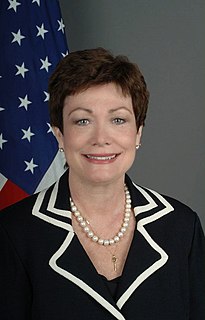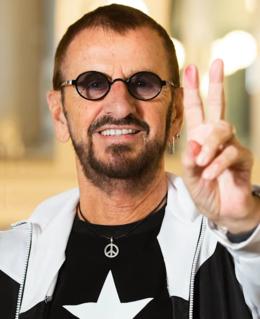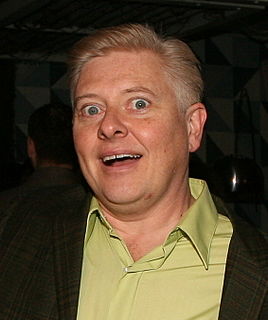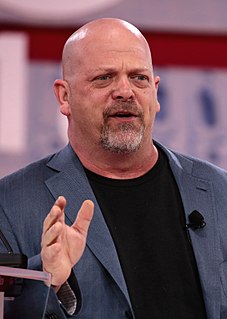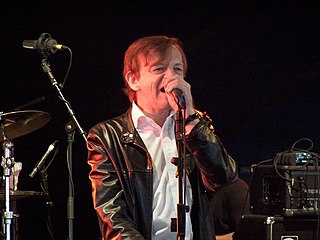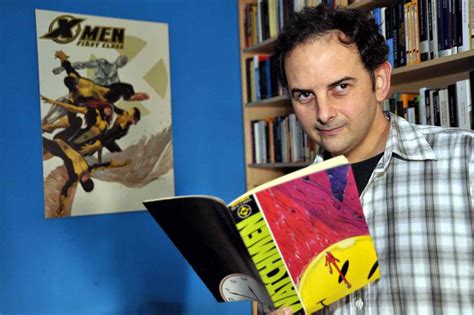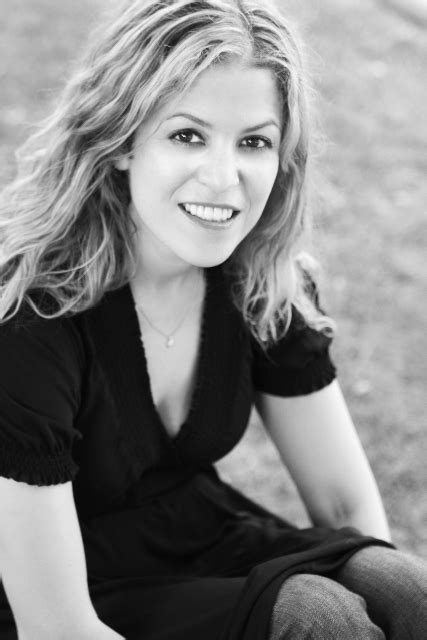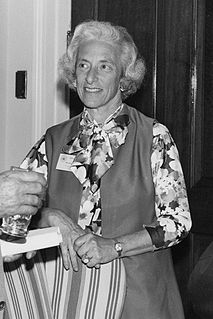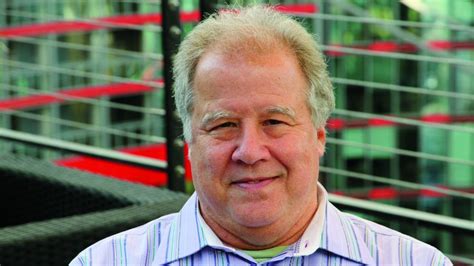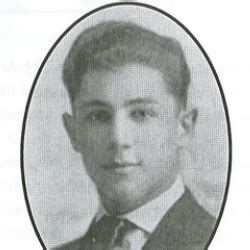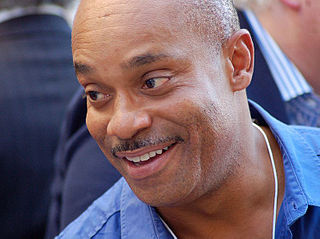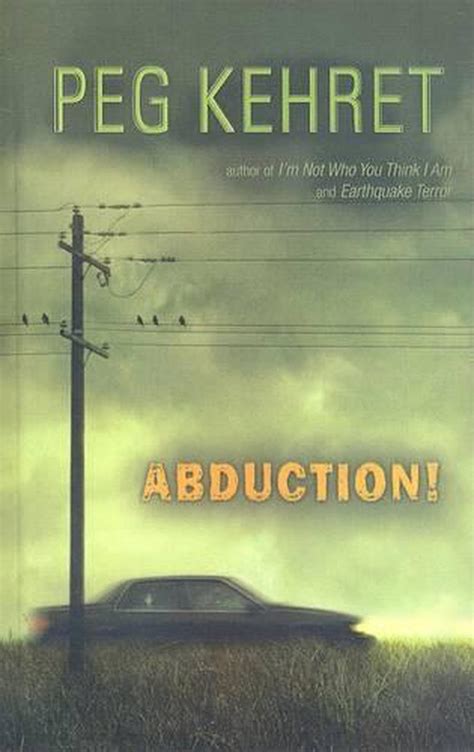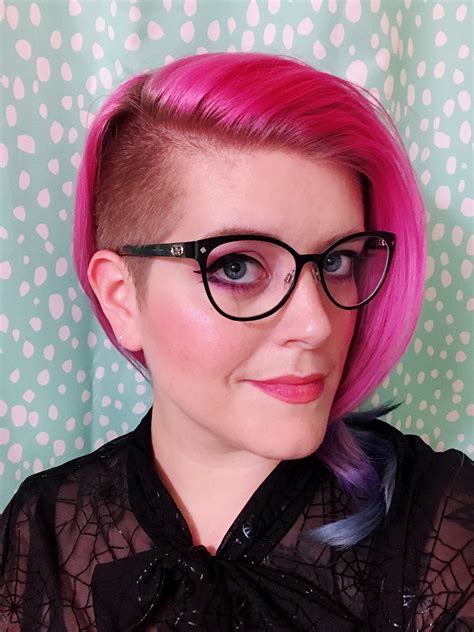Top 1200 History Books Quotes & Sayings
Explore popular History Books quotes.
Last updated on April 14, 2025.
I'm not the creative one. I know that. If Rory Storm hadn't come along... and then The Beatles... I would have continued running around in teddyboy gangs. Today, well... I'd probably be a laborer. I'm glad I'm not, of course. It'll be nice to be part of history... some sort of history anyway. What I'd like to be is in school history books and be read by kids.
Only idiots or snobs ever really thought less of 'genre books' of course. There are stupid books and there are smart books. There are well-written books and badly written books. There are fun books and boring books. All of these distinctions are vastly more important than the distinction between the literary and the non-literary.
They don't really focus on that history here in America. I remember growing up as a kid, history class was very washed-over. They didn't really get into the gritty bits of slavery. It's a very, very small section in the history books. It's not something they really touch on directly with American curriculums.
Books are the carriers of civilization. Without books, history is silent, literature dumb, science crippled, thought and speculation at a standstill. Without books, the development of civilization would have been impossible. They are engines of change (as the poet said), windows on the world and lighthouses erected in the sea of time. They are companions, teachers, magicians, bankers of the treasures of the mind. Books are humanity in print.
Many people talk about me entering the history books as the first female in 22 years and what a big moment it was. And I'm very flattered that I managed to do something historic, but in all honesty I was out there for me as a racing driver and to show everybody what Susie Wolff is capable of not to put my name in the history books.
Without books, history is silent, literature dumb, science crippled, thought and speculation at a standstill. Without books, the development of civilization would have been impossible. They are engines of change, windows on the world, and (as a poet has said) "lighthouses erected in the sea of time." They are companions , teachers, magicians, bankers of the treasures of the mind. Books are humanity in print.
It became a question of taste. I have a certain taste in art history. And that - I had a huge library of art history books in my studio. And I would simply have the models go through those books with me, and we began a conversation about, like, what painting means, why we do it, why people care about it why or how it can mean or make sense today.
I definitely love history. I'm not formally trained or educated in history, but you could say I did go back to college in 2008 to do Untold History of the United States. That took five years. Co-author Peter Kuznick has been teaching history for something like 35 years, at American University and other places. His group of researchers brought me into contact with a lot of books.
Few people ask from books what books can give us. Most commonly we come to books with blurred and divided minds, asking of fiction that it shall be true, of poetry that it shall be false, of biography that it shall be flattering, of history that it shall enforce our own prejudices. If we could banish all such preconceptions when we read, that would be an admirable beginning.
Whole great chunks of written history are of little value to the psychohistorian, while other vast areas which have been much neglected by historians - childhood history, content analysis of historical imagery, and so on - suddenly expand from the periphery to the center of the psychohistorian's conceptual world, simply because his or her own new questions require material nowhere to be found in history books.
Fortunately, I come from an activist mother, so I didn't have to rely on the history books. The history books teach us nothing about the Underground Railroad aside from Harriet Tubman. So I knew more about it but, obviously, I had to dig deeper and expand my knowledge and do a lot of research once I took this project on. I had, like, a good two months to research before we started shooting, which isn't a lot, and I continued it throughout the five months of us shooting.
It is my ambition to be, as a private individual, abolished and voided from history, leaving it markless, no refuse save the printed books. [] It is my aim, and every effort bent, that the sum and history of my life, which in the same sentence is my obit and epitaph too, shall be them both: he made the books and he died.
The first step in liquidating a people is to erase its memory. Destroy its books, its culture, its history. Then have somebody write new books, manufacture a new culture, invent a new history. Before long that nation will begin to forget what it is and what it was... The struggle of man against power is the struggle of memory against forgetting.
I could not write my books without the library's help. Even with the ease of Internet research, I find books to be indispensable when I am writing. ... Books make me laugh, cry, and think. They give me insight into history, and into the lives of people in other cultures. They help me make important decisions, and they provide endless entertainment. Hooray for libraries!
Books -lighthouses erected in the great sea of time -books, the precious depositories of the thoughts and creations of genius -books, by whose sorcery times past become time present, and the whole pageantry of the world's history moves in solemn procession before our eyes, -these were to visit the firesides of the humble and lavish the treasures of the intellect upon the poor.
What they teach you as history is mythology and true mythology is far from fantasy -- it is our true history. A bulk of our real history can be found in Egyptian and Greek mythology. Yes, myths reveal to us worlds of other dimensions that make up our true reality. History books teach us that the minds of the past operated on the same frequency, dimension, or level of consciousness as we do now. Not true at all.
The books in Mo and Meggie's house were stacked under tables, on chairs, in the corners of the rooms. There where books in the kitchen and books in the lavatory. Books on the TV set and in the closet, small piles of books, tall piles of books, books thick and thin, books old and new. They welcomed Meggie down to breakfast with invitingly opened pages; they kept boredom at bay when the weather was bad. And sometimes you fall over them.
